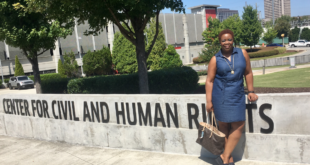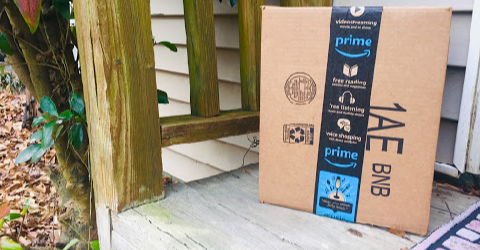
This is a guest post from Christina Lane, an Atlanta-area mom
who co-created the New Morning Community Preschool on how to pick the perfect summer camp for a preschooler.
As the child of a working mom I spent many summers rotating through camp programs from public school day camps to weeklong overnight camps. During college I spent my summers counseling camp kids at the YMCA. Then as a Museum professional I taught, organized and marketed a popular, unique Museum camp in Central Florida for five years. There are a few simple things that can make or break a summer camp experience for any child, but especially for a preschooler. Here are three tips to make sure you preschooler has the best experience possible.
1. Try to find something low key and structured – While you want the camp to be creative and really fun, if it is too intense then your preschooler won’t learn anything. They may not have any fun as much fun as you’d imagined if they’re over stimulated or overwhelmed. A good preschool camp should include lots of unique, ‘first’ experiences presented in the frame of a predictable schedule that makes sense for the child’s age, plus include frequent snacks and play time.
2. Look for a unique experience, then get the details – Make sure you aren’t spending your extra time and money on a camp that is just a version of a regular school day or your child running around an attraction for a few hours. Connect with the staff to get more details on the activities planned beyond just a well-written paragraph for a marketing flyer. Also, realize that while it might be fun for your child to learn more about something they are already interested in, don’t look past a camp that could present a new idea to them in a fun way that may create a new interest for them. For example in my experience the summer camps that say ‘pirate’ or ‘car’ in the description are always full of little boys and the camps about ‘art’ or ‘fairy tales’ are full of little girls. Great preschool camps are designed to appeal to a diverse group of learners so the theme of the camp isn’t as important as the actual activities. Nothing does more for a young child’s brain development than exposing them to as many different experiences as possible during their first five years of life.
3. Check out the staff – Unfortunately, quite often summer camps are seen solely as a way to bring in an extra profit. They often aren’t staffed by the school’s or the attraction’s regular educators. Since preschool aged children require extra training and supervision, there should always be at least one trained, experienced Early Childhood educator in any preschool classroom.
 Mommy Talk Show Candid Conversation with a TV Mom
Mommy Talk Show Candid Conversation with a TV Mom





These are great tips–especially numbers 1 and 3. Having to go through the process myself several times, I can truly say that those two tips are a must. Thanks for sharing!